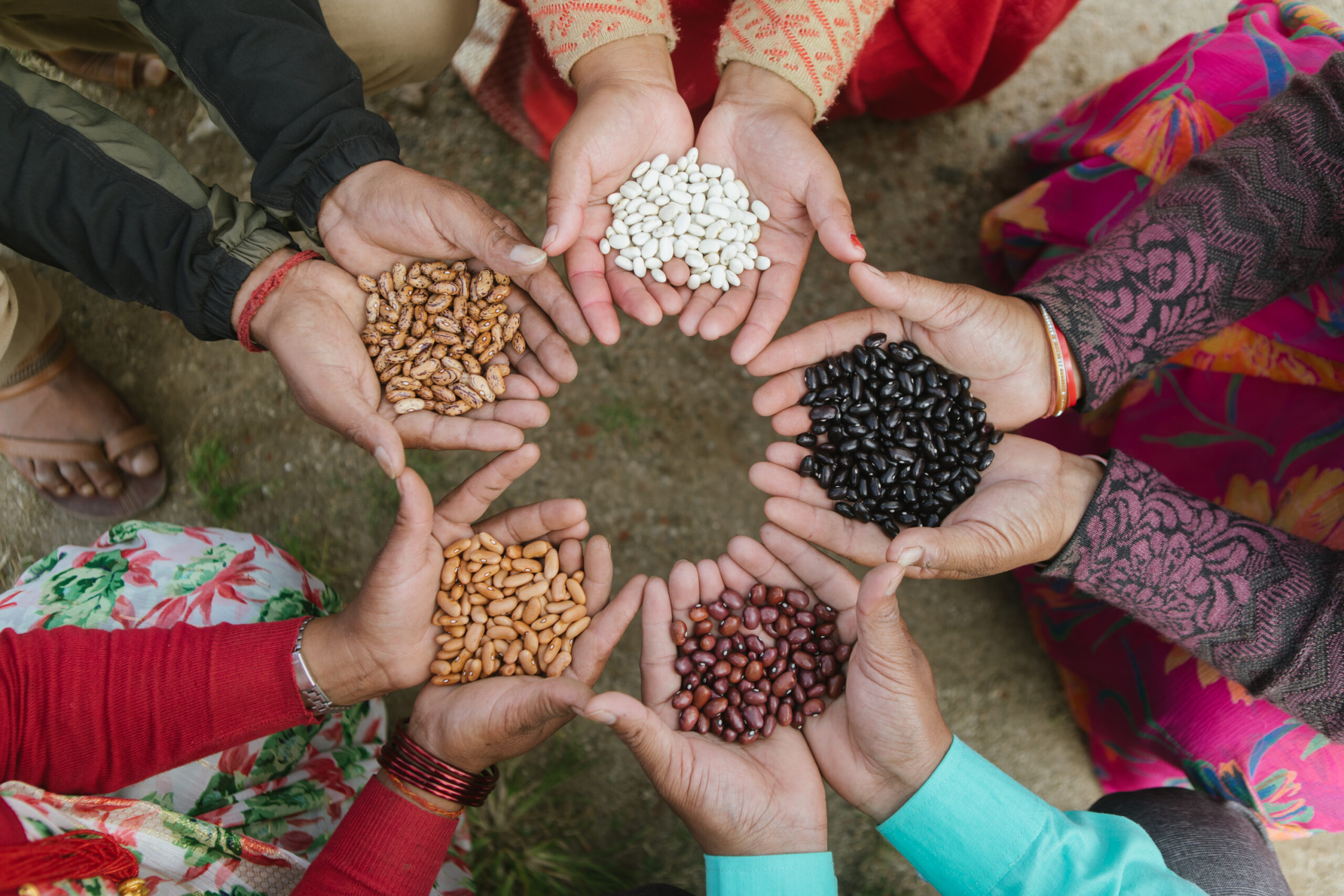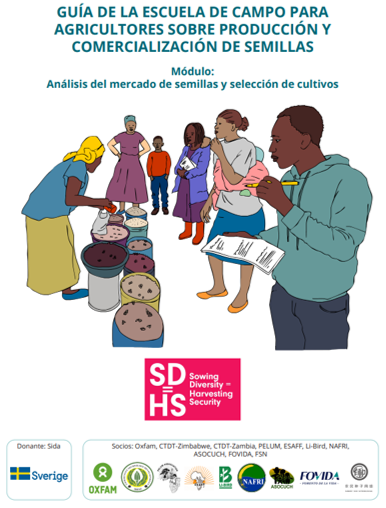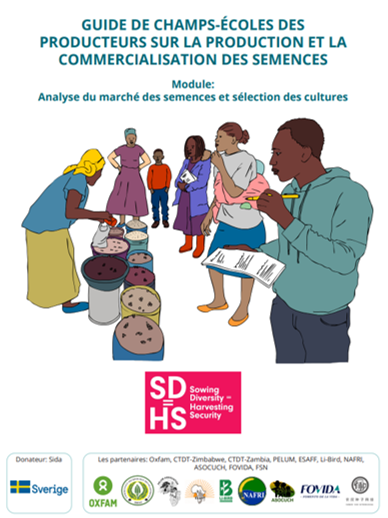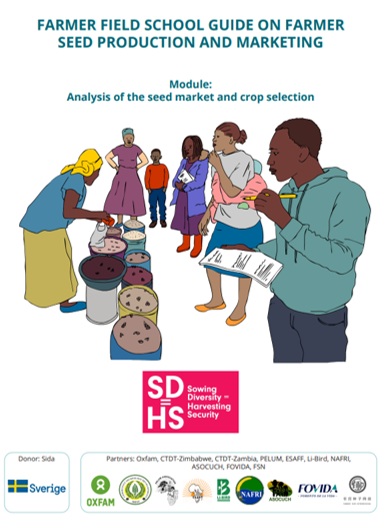Harrie Oostingh
This year we will celebrate the 50st anniversary of the UN Conference on the Environment in Stockholm and the 30st anniversary of the Rio Declaration on Environment and Development.
Yet we are far from reaching the objectives of these declarations. Different reports have given evidence of an unprecedented loss of biodiversity, which for many people is key to sustain their diets and livelihoods. COP 26 also illustrated how we are a long way from complying with Principle 10 of the Rio Declaration posits that “[e]nvironmental issues are best handled with the participation of all concerned citizens, at the relevant level”.
It is against this backdrop that the SD=HS program remains relevant. SD=HS aims to puts farmers, men and women, at the heart of strengthening agrobiodiversity to improve diets and climate resilience. Its basic premise is that their voice, agency and knowledge of local diversity is necessary to find solutions for the crisis that we face.

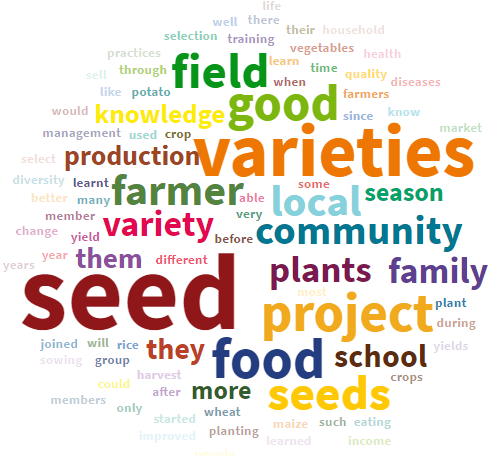
The recent Mid Term Review confirms this by concluding;
that despite the challenges posed by the current COVID-19 pandemic, the SD=HS programme has achieved positive results to date and is clearly responding to the needs and rights of indigenous peoples, smallholder farmers, women and youth. SD=HS is also contributing to global efforts to rebalance power relations by bringing the interests of smallholder farmers to the international arena’. The 342 stories collected by this review also tell a story of how farmers have improved their food and nutrition security, but also how the program has contributed to changes in their community systems.
However, this same review has outlined a number of areas where we need to strengthen our work to increase our impact and remain relevant. It indicates the need to shift the power and give a stronger role to national actors; it suggests developing a more holistic approach to agrobiodiversity; and urges us to do more to involve women and youth. As SD=HS we have taken out six key topics that are important for the future of SD=HS and that we would like to discuss with our partners in the program. These topics are:
1. Strengthen the integration of pillars into a holistic approach to agrobiodiversity,
2. Rebalance the power and decentralize resources to countries,
3. Be more inclusive and strengthen our work on gender and youth,
4. Strengthen learning spaces on national, cross-regional and programme level,
5. Leverage our work by working in coalitions, and
6. Connect the dots; strengthen local to global influencing.
Based on these recommendations we are to develop a future vision and direction for the SD=HS program. We want to build this vision together with the farmers, facilitators, national partners, Oxfam staff.
New initiatives in 2022 aim to encourage this participatory approach.
- As a starting point, you can consult the Mid Term Review summary and a summary through stories of it.
- We wish to make the SD=HS newsletter a tool to foster exchange between partners and facilitators by organizing “newsletter take overs”. Each country is invited to use one edition of the newsletter to share their work with the whole SD=HS community. Please get in touch with us to coordinate this together.
- A new linking and learning initiative aims to discuss and review specific SD=HS topics throughout the year. We will organize a webinar and look at case studies to expand our learning. All SD=HS partners are invited.
Finally, we are engaging with the Swedish Development Agency – Sida – about the future of SD=HS. Sida is currently the main donor to SD=HS, but their current grant will expire by the end of 2022. We know that one of the important priorities for Sida in the coming years will be biodiversity and climate. This means that we hope that we extend our partnership also for the years to come. This month February we will discuss with Sida the findings of the Mid Term Review and ask them to extend the current grant. We hope to get more clarity about the possibilities for extension and what is required from all of us before the end of March.

